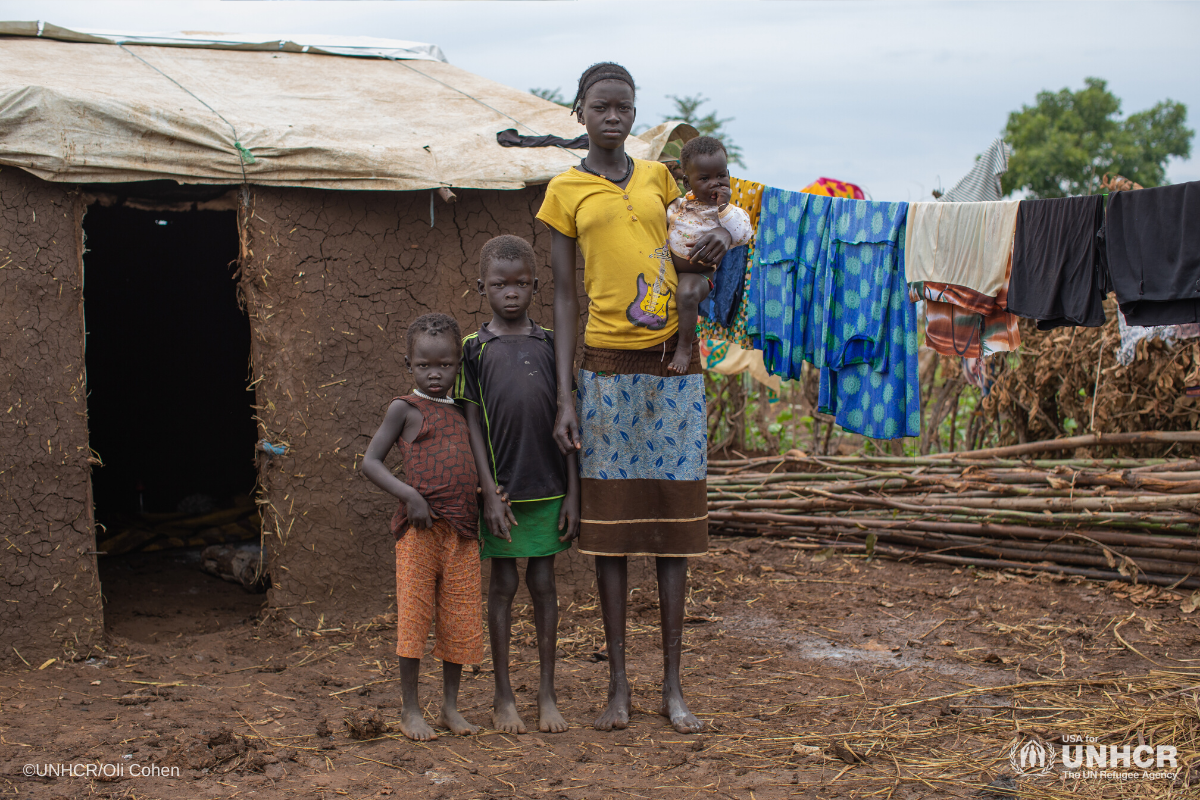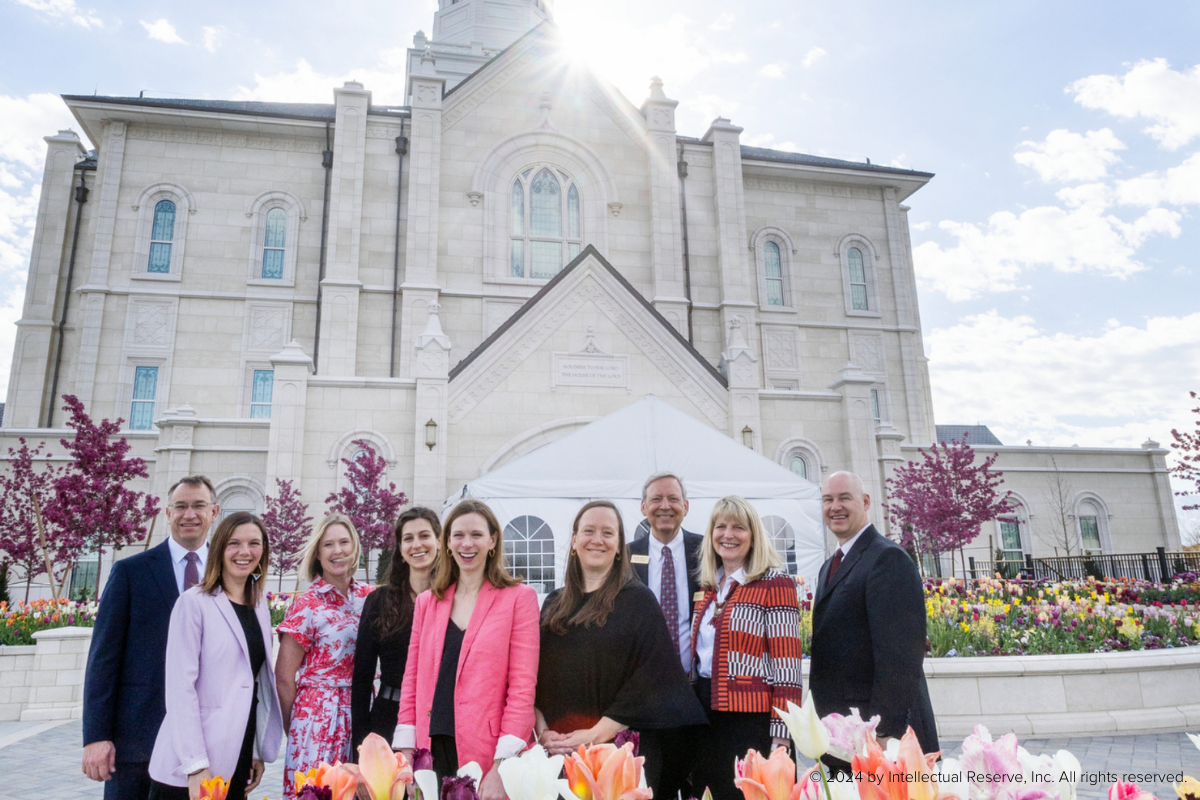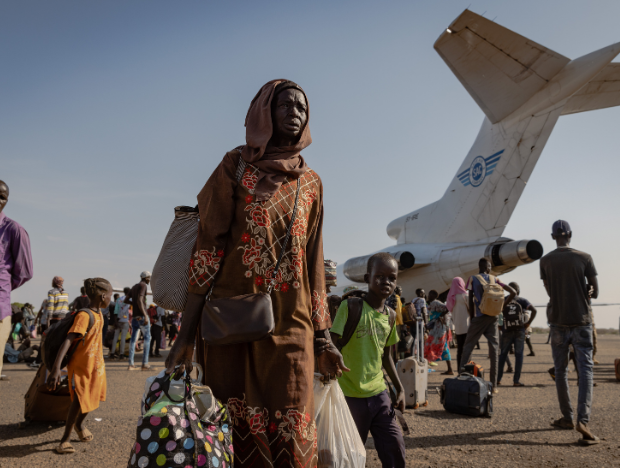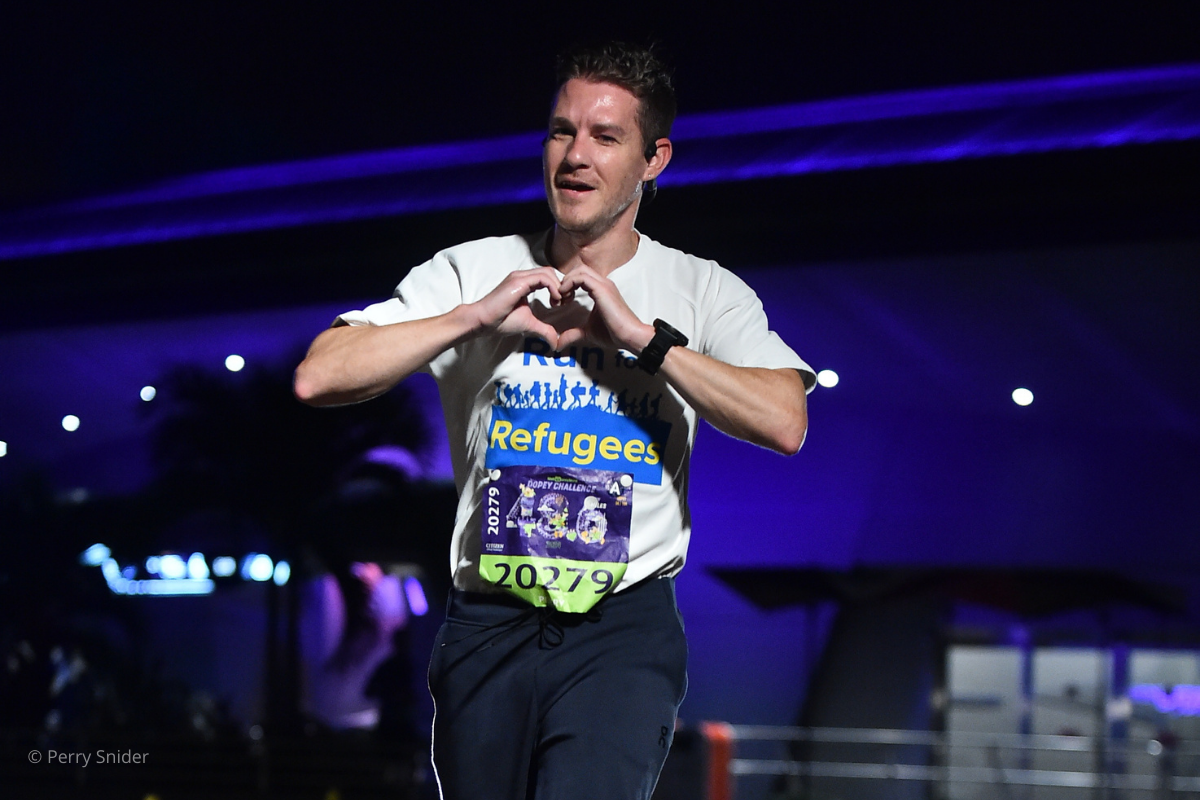National Siblings Day: these refugee children find comfort in each other
In difficult times, family bonds are increasingly important to our strength and well-being. They can provide warmth and support in ways that few other relationships can match. These bonds are no different for refugee children, where thousands of brothers and sisters often adopt parenting roles to take care for their younger siblings.
On National Siblings Day, let’s celebrate and honor those refugee children who, against all odds, have overcome the most difficult situations to remain together. They may have lost all their possessions, but their love for each other keeps them united and hopeful for better days ahead.
These are some of their stories:
Sarah

Sarah was just 16 when she became an orphan and the sole caretaker of her three younger siblings - Henry, Rose, and baby Mimi. As a head of household, Sarah makes sure her siblings have everything they need to grow up healthy and strong.
“I take care of their food, where they sleep and I make sure they are clean. As long as I am their sister, I will do that,” she says.
Sarah is one of the more than 43,000 unaccompanied refugee children living in Ethiopia. She fled violence in South Sudan and took refuge at Nguenyyiel refugee camp, where they have been living for the past two years. Thanks to UNHCR’s support, Sarah has been able to access the tools she needs to take care of her family.

When violence erupted in the Democratic Republic of the Congo (DRC) in 2011, the Barobi family had no choice but to run. Unfortunately, they couldn’t flee fast enough and were captured by armed rebels. Ashraf was only 13 when he watched the rebels kill his parents and little sister. He took on the role of caretaker in the family and made sure he and his two younger sisters, Azida and Habiba, stayed together no matter what.
The siblings eventually found safety in Uganda, where they spent four years in a camp until they were selected for resettlement in the United States.
Today, six years after their arrival in the United States, they still live together in Ogden, Utah. Despite all the responsibility placed on Ashraf, his determination has helped him graduate from high school with honors and find a full-time job.
Ayasha

Ayasha, just a teenager herself, lives in the Kutupalong refugee camp in Bangladesh and is the sole caretaker of her two younger siblings, Samira and Shahab, after her parents died of tuberculosis ten years ago.
“They are my siblings but they are like my children. I want to make sure they have an education,” Ayasha says.
Like Ayasha, many Rohingya refugee girls are taking care of their siblings amidst the hardest circumstances. At the Kutupalong refugee camp, - home to more than 730,000 Rohingyas refugees - the UN Refugee Agency is working with partners to promote skill trainings and educational programs for women and girls so that they can become self-reliant. UNHCR is also providing protection, food, clean water, shelter and healthcare to support unaccompanied children.
Rima, Tala, Hassan and Hussein

Rima (4), Tala (5), Hasan (2) and his twin brother Hussein (2) have been living in Bardarash refugee camp in Iraq since October 2019. They were forced to flee their homes when explosions struck their hometown in Qamlishi, Syria. They walked alongside their parents for more than 124 miles until they finally reached safety.
Despite having to leave everything behind, the children continue to laugh and play together at the camp. They know that they can rely on each other and that keeps their hearts warm at night.
Here’s how you can help…
On National Siblings Day, the best way to support refugee children is to become a USA for UNHCR monthly donor. Your support can be a lifeline to millions of unaccompanied refugee children, who are now facing additional challenges as the coronavirus spreads around the world.


